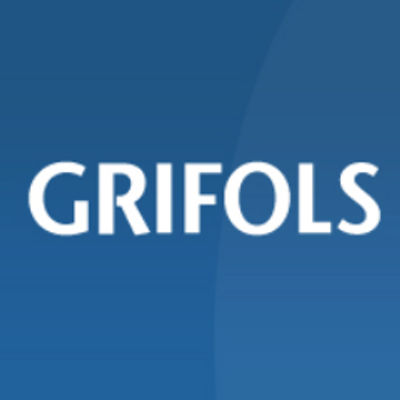Grifols

- Country
- 🇪🇸Spain
- Ownership
- Subsidiary, Public
- Established
- 1940-01-01
- Employees
- 23.7K
- Market Cap
- $6.8B
- Website
- http://www.grifols.com
- Introduction
Grifols SA engages in the production of plasma derivatives. It operates through the following segments: Bioscience, Hospital, Diagnostic, Bio Supplies, and Others. The Bioscience Segment includes all activities related with products deriving from human plasma for therapeutic use. The Hospital Segment comprises of all non-biological pharmaceutical products and medical supplies manufactured by group companies earmarked for hospital pharmacy. The Diagnostic Segment deals with the marketing of diagnostic testing equipment, reagents, and other equipment. The Bio Supplies segment consists of all transactions related to biological products for non-therapeutic use. The Others segment focuses on the rendering of manufacturing services to third party companies. The company was founded by José Antonio Grifols Roig on November 18, 1940 and is headquartered in Barcelona, Spain.
